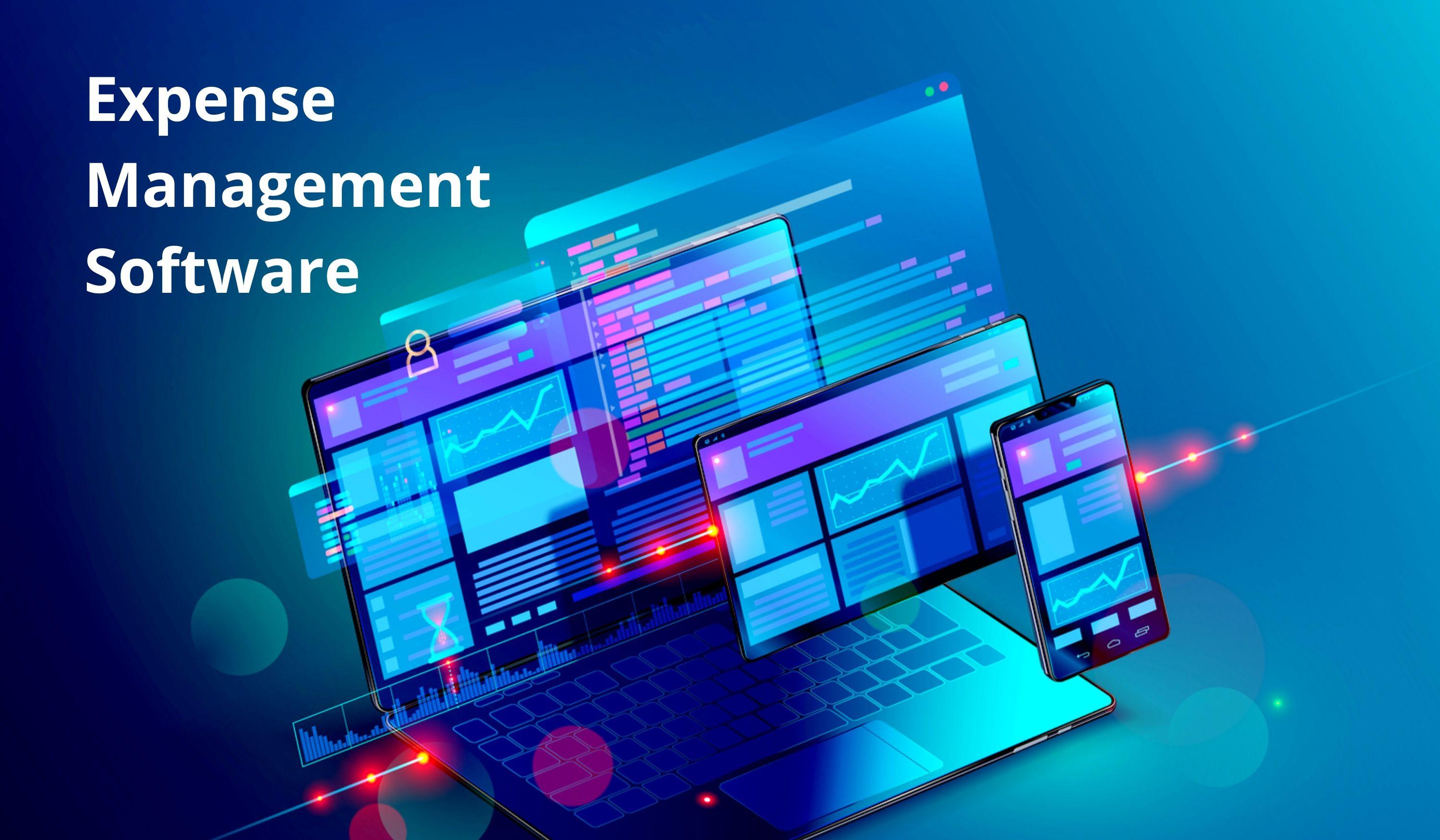In today’s dynamic business environment, managing finances efficiently is no longer just a back-office task—it's a strategic necessity. Companies of all sizes are seeking ways to streamline their expense tracking, reduce manual errors, and increase visibility into financial data. Expense management software has emerged as a pivotal tool in this transformation. It empowers businesses to automate expense reporting, control budgets in real time, and ensure compliance, all while saving time and costs. With its growing relevance, this software is becoming indispensable for organizations aiming for smarter, faster, and more accurate financial operations.
Expense management software allows organizations to manage and process employee expenses such as travel, accommodation, meals, and other business-related costs through a digital platform. Traditional expense management methods, typically reliant on spreadsheets and paper receipts, are prone to inefficiencies and errors. In contrast, automated systems offer a centralized platform where users can upload receipts, submit claims, and track approvals. The software often integrates with other financial systems such as accounting or ERP software, enabling a seamless and holistic approach to managing corporate expenditures.
One of the core benefits of adopting expense management software is enhanced accuracy. Automated data entry and real-time validation minimize the chances of errors and fraud. Additionally, businesses gain access to detailed reporting and analytics that help in identifying spending patterns, policy violations, and potential cost-saving opportunities. These insights are crucial for finance departments that are expected to deliver strategic guidance and maintain strict budget controls. As a result, finance teams can spend less time on manual reconciliations and more time on planning and analysis.
The shift to remote and hybrid work models has further accelerated the demand for digital expense solutions. Employees working from different locations need a simple and efficient way to report expenses without physical paperwork. Cloud-based expense management software meets this need by providing access anytime and anywhere. Mobile applications have become especially valuable, allowing users to take photos of receipts and submit expense claims on the go. Managers, in turn, can review and approve requests directly from their devices, speeding up the entire process and improving employee satisfaction.
Moreover, compliance and policy enforcement are greatly improved with expense management software. Companies can define custom rules and workflows that ensure expense submissions align with corporate policies. The software can automatically flag non-compliant expenses or duplicates, thereby reducing the risk of errors and maintaining audit readiness. This is particularly important for companies operating across multiple regions where regulatory requirements and tax implications may vary. Automated tracking ensures that all claims are well-documented and traceable, which simplifies both internal audits and external regulatory reporting.
Integration is another critical feature that enhances the value of expense management software. Leading platforms offer seamless integration with payroll systems, credit card feeds, travel booking tools, and accounting platforms. This not only eliminates redundant data entry but also creates a unified view of the company’s financial health. Real-time synchronization between departments ensures transparency, supports cash flow management, and accelerates month-end closings. As a result, businesses can achieve greater financial agility and responsiveness.
The adoption of artificial intelligence and machine learning is also reshaping the capabilities of modern expense management systems. These technologies can automatically categorize expenses, detect anomalies, and suggest cost optimizations based on past trends. Natural language processing further simplifies user input by enabling voice commands or receipt scanning. This advanced level of automation reduces administrative burdens and allows teams to focus on higher-value activities, ultimately contributing to overall business efficiency.
Small businesses, mid-sized companies, and large enterprises alike are embracing expense management software, although their needs may differ. While small businesses seek affordability and ease of use, large organizations prioritize scalability, advanced analytics, and custom integrations. Vendors are now offering flexible pricing models and modular solutions that cater to varying business requirements. Subscription-based SaaS platforms, in particular, have made expense management software more accessible to businesses without the need for heavy upfront investments.
Security and data protection remain top concerns, especially when dealing with sensitive financial information. Leading software providers implement enterprise-grade security features, including encryption, access controls, and secure cloud storage. Additionally, compliance with global data protection regulations such as GDPR or SOC 2 provides further assurance to businesses entrusting their financial data to third-party platforms. Regular updates and audits ensure that the system remains resilient against evolving cyber threats.
Source - https://www.marketresearchfuture.com/reports/expense-management-software-market-7014
Expense management software is transforming how businesses handle operational spending. By automating expense tracking, enhancing compliance, and offering valuable insights, it empowers organizations to control costs more effectively and improve financial transparency. The benefits extend beyond the finance team, enhancing productivity and satisfaction across the workforce. As technology continues to evolve, companies that invest in modern expense management solutions will be better equipped to thrive in an increasingly competitive and data-driven business world.



